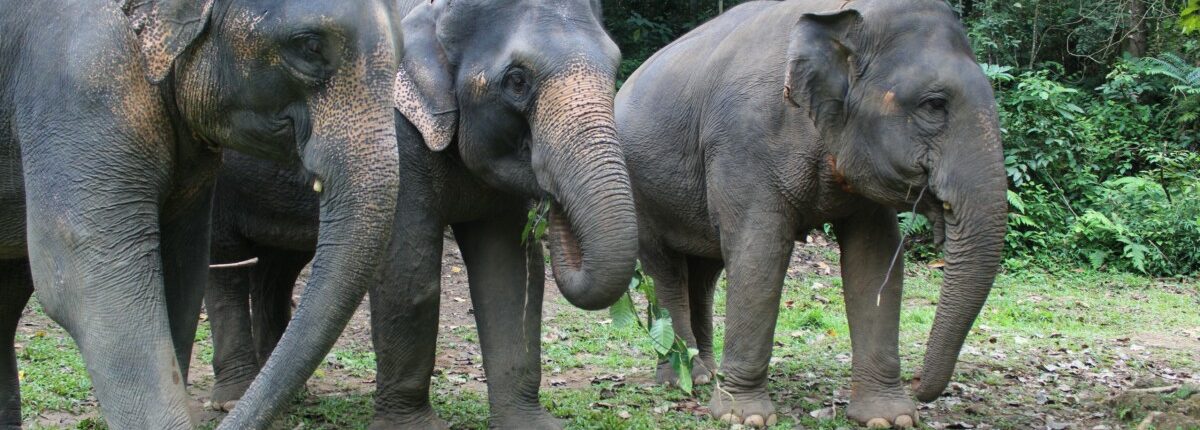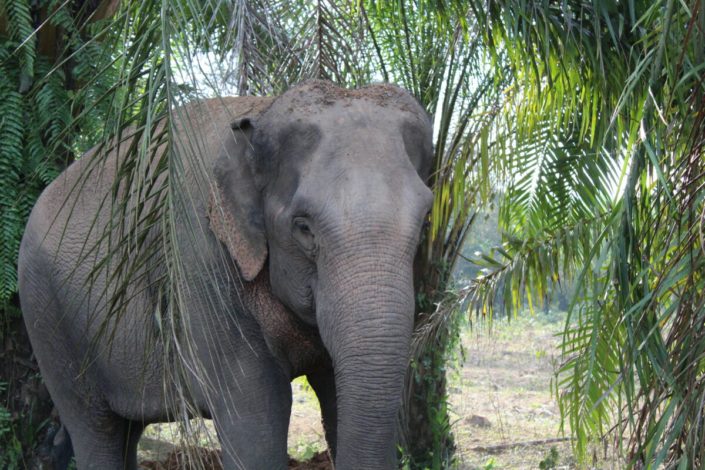Elephants rarely die of cancer
Elephants have long lifespans, comparable in length to humans, yet they are much less likely to die from cancer. Mortality caused by cancer in elephants is less than 5%, yet cancer mortality in humans is up to 25%. So, could elephants help humans to better understand cancer and how to deal with it?
A joint research programme conducted last year by scientists from seven research institutions [1] concluded that this difference between elephants and humans in their ability to defend themselves from cancer is all due to our p53 gene, the gene that helps humans and many other animals repair DNA damaged during cell replication. Elephants have an astounding 20 copies of this gene, and each of these copies have two variations called alleles, producing a total of 40 proteins. Humans, on the other hand, have a single copy of the p53 gene, with two alleles, producing two proteins.
The study found that the many copies of p53 that elephants possess gives them a far greater chance of preventing mutated cells from turning into tumours, partly because of their sheer number, but also because the different copies respond differently to damaged cells. This greater spectrum of response is most likely what provides elephants a better chance of detecting and weeding out different mutations.
Further research carried out by Dr Joshua Schiffman[2] earlier this year found that when elephant TP53 gene (which provides instructions for making p53) was introduced in the lab to several different human cancer cells, they were rapidly destroyed. Such findings could pave the way for elephants to help cure human cancers.
[1] https://academic.oup.com/mbe/article/39/7/msac149/6632613?login=false
[2] Dr Joshua Schiffman is a paediatric haematologist-oncologist at Primary Children’s Hospital and Huntsman Cancer Institute at the University of Utah



